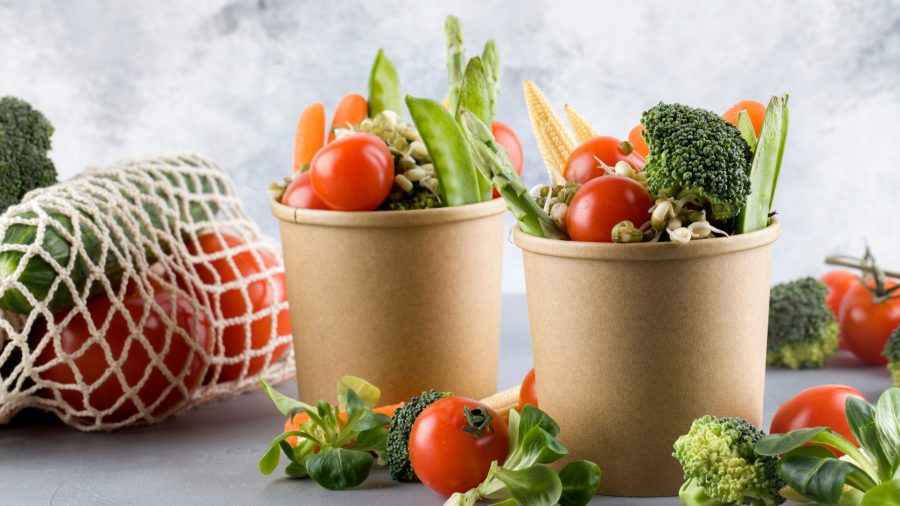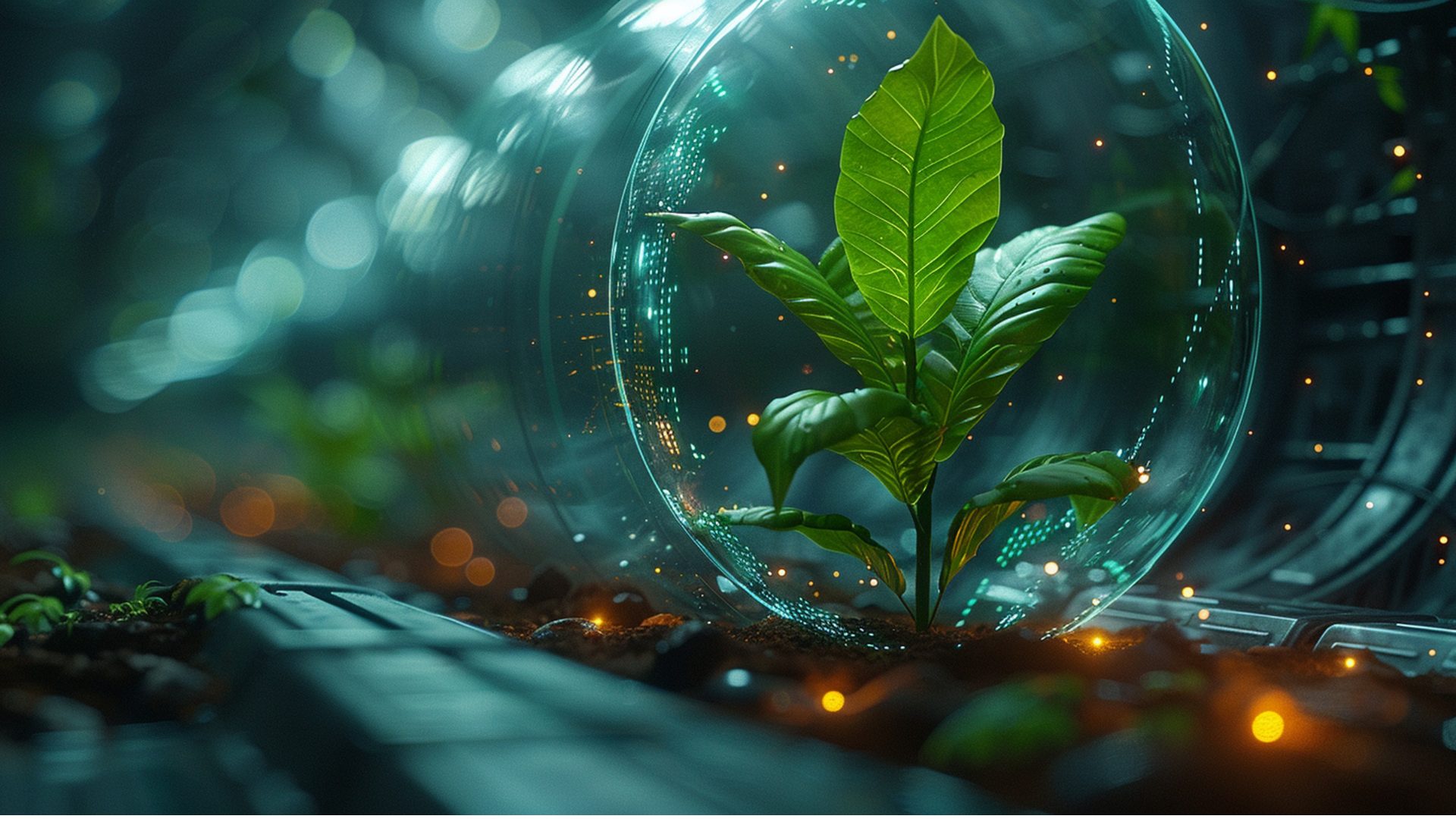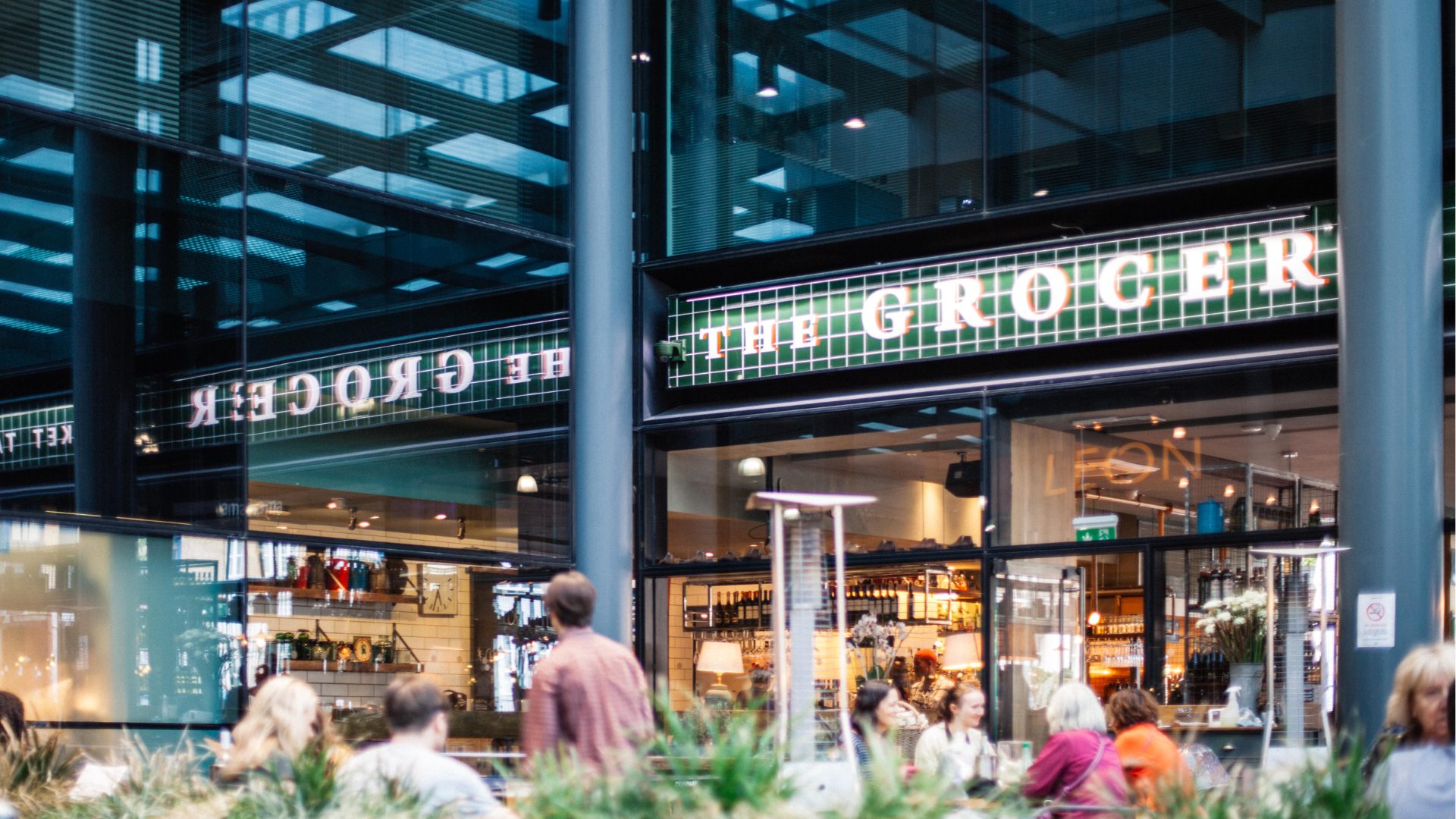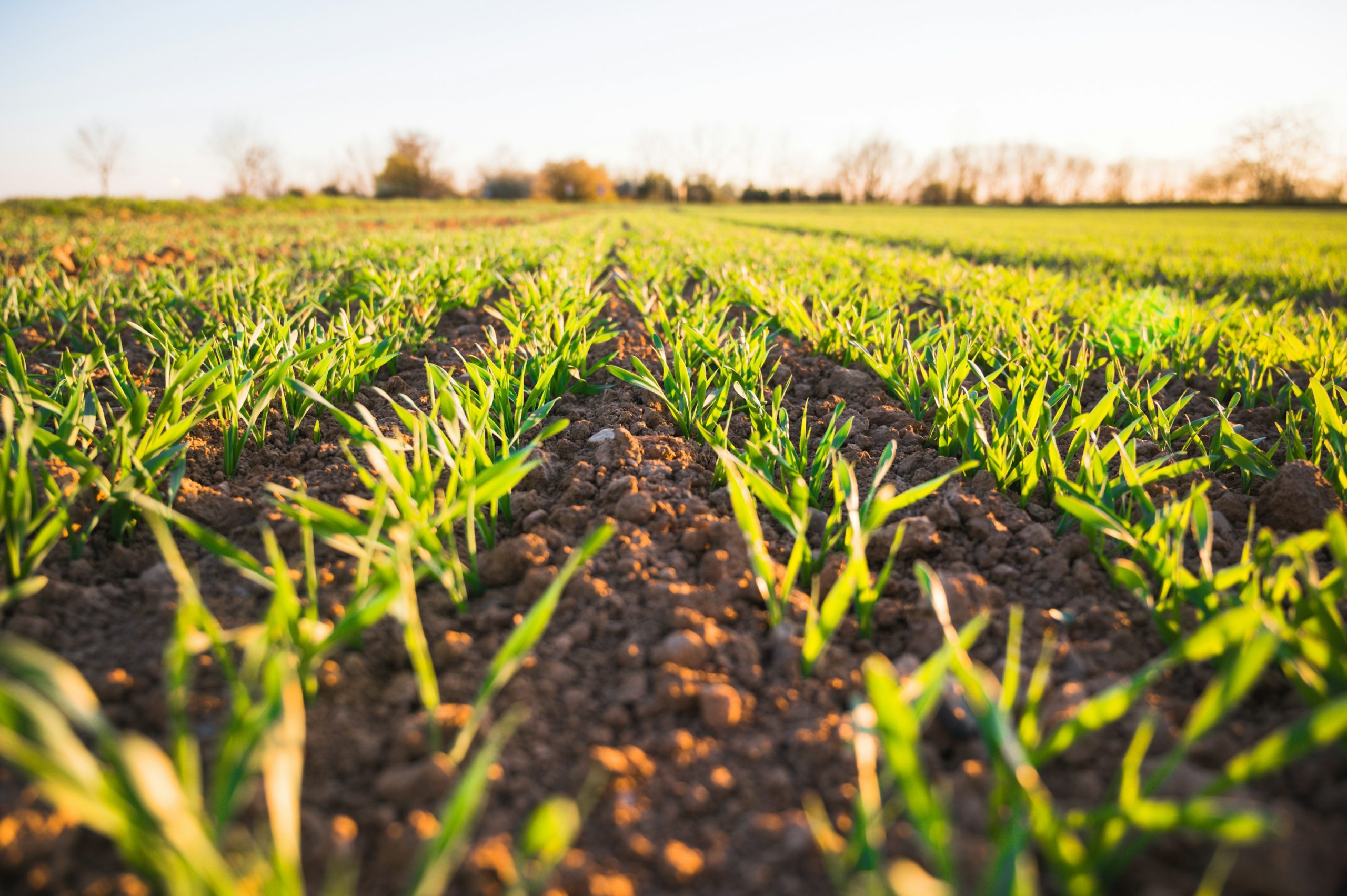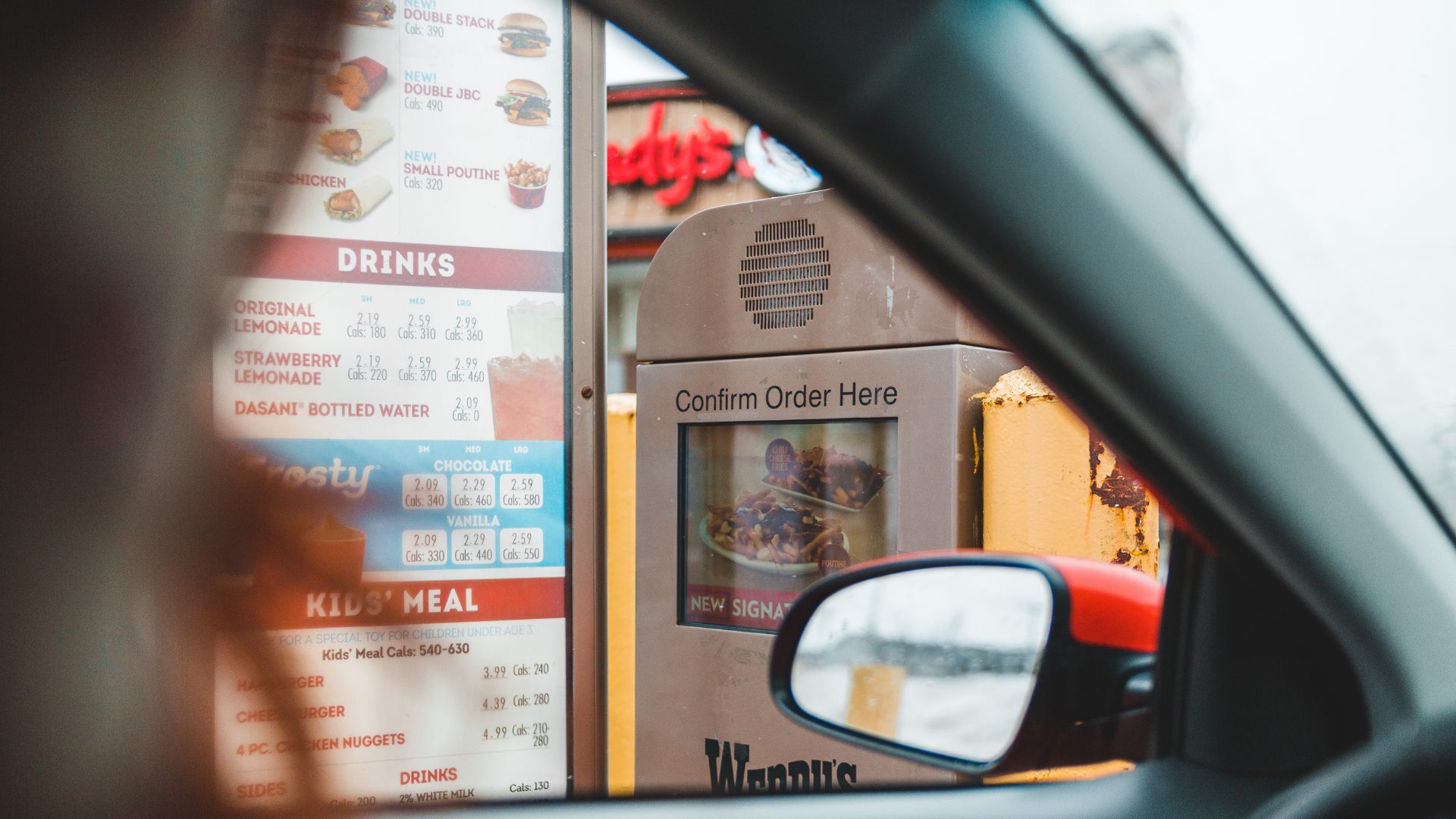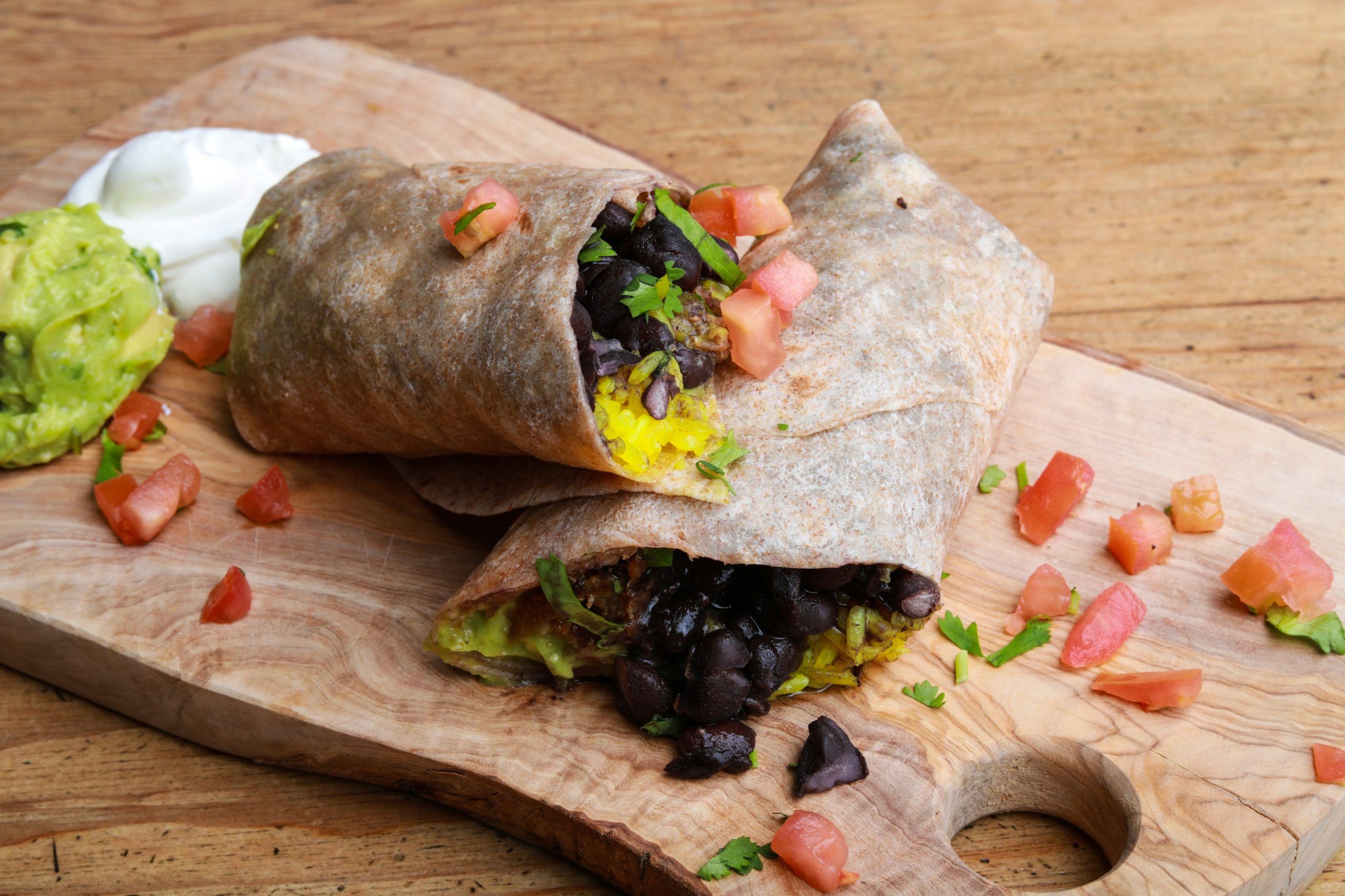For Earth Day, The Food Institute takes a closer look at recent industry efforts to meet the growing sustainability expectations of consumers.
RETAILERS
Sam’s Club recently revealed new sustainability efforts for its Member’s Mark private-label brand.
The retailer aims to remove certain ingredients from Member’s Mark food and consumable products – such as talc, methylparaben and formaldehyde – while boosting its assortment of items that are made using sustainable practices.
Albertsons also unveiled a new framework for change that focuses on people, planet, product and community, reported Progressive Grocer (April 20). Waste reduction and circularity are among the company’s goals, with an eye toward zero food waste going to landfills by 2030.
Meanwhile, Sprouts Farmers Market and Meijer are both hosting their own sustainability-focused summits in June.
Sprouts will be looking for new and improved sustainable products for its Sprouts branded line at the Sustainability Vendor Summit (Wingsight Grocery Business, April 19), while Meijer merchants at Meijer’s Sustainability Summit will be targeting 38 different certifications in its search for new products.
MANUFACTURERS
Kellogg Company’s plant-based brand MorningStar Farms is expanding its sustainability efforts this year with plans to roll out new recycle-ready packaging for several of its products, begin sourcing 100 percent renewable electricity, and utilize a new plant-based soy ingredient from Benson Hill.
The efforts are part of Kellogg’s Better Days commitment which aims to address issues related to wellbeing, hunger relief, and climate resiliency by 2030.
Indoor farming company Gotham Greens plans to double the size of its greenhouse capacity this year, intentionally expanding into areas that are being impacted by climate change, according to a report from the Specialty Food Association.
Gotham Greens says that the proximity of its greenhouses to key metropolitan areas will eliminate the need for long-distance refrigerated transportation, while improving product quality and shelf life, ultimately reducing food waste.
FOODSERVICE
Chipotle Mexican Grill is forming Cultivate Next, a $50 million venture fund targeting seed to Series B stage companies.
The new venture will make early-stage investments in companies that can accelerate the chain’s strategic priorities, including its “food with integrity” mission, a commitment to serve food that is ethically and sustainably sourced.
For customers who are looking for more sustainable dining options, Yelp recently launched a new feature that connects users with eco-friendly businesses.
The reviews platform partnered with the Plastic Pollution Colatition to include new searchable attributes, including “EV charging station available,” “Plastic-free packaging,” “Provides reusable tableware,” and more.
A LONG WAY TO GO
These are just some examples of how the food industry is stepping up. However, some companies have a long way to go.
For example, The Financial Times recently reported on a study signaling that JBS carbon emissions rose by more than 50 percent over the past five years. The report by several environmental groups suggested that the meatpacking company released 421.6mn metric tons of carbon in 2021, a larger footprint than all of Italy and almost as large as that of the U.K., reported.
Additionally, less than 20 percent of retailers are on track to meet their sustainability targets, according to a study from Boston Consulting Group (BCG).
The good news is that the companies surveyed by BCG were “nearly unanimous” in believing that sustainability initiatives would drive value in the next five to ten years and half of the respondents believed their companies would invest “whatever it takes” to reach their goals.


